Search
Remove Ads
Advertisement
Summary 
Loading AI-generated summary based on World History Encyclopedia articles ...
Search Results
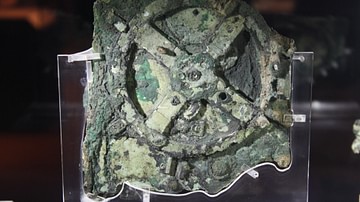
Definition
Science
The term science comes from the Latin word scientia, meaning "knowledge". It can be defined as a systematic attempt to discover, by means of observation and reasoning, particular facts about the world, and to establish laws connecting facts...

Definition
Roman Science
The Romans assimilated earlier Greek science for their own purposes, evaluating and then accepting or rejecting that which was most useful, much as they did in other fields such as warfare, art, and theatre. This assimilation of Greek thought...
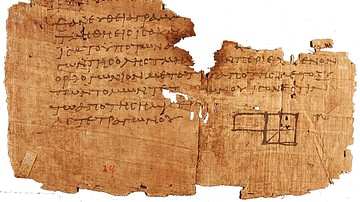
Definition
Ancient Greek Science
Ancient Greek science is a modern term for the application of systematic inquiry into the individual, the world, and the universe, which began in Ionia in the 6th century BCE with Thales of Miletus (l. c. 585 BCE) and continued through the...
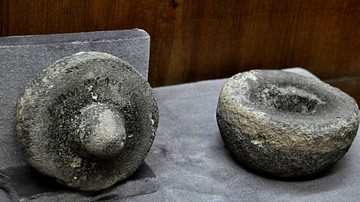
Definition
Mesopotamian Science and Technology
Mesopotamian science and technology developed during the Uruk Period (4100-2900 BCE) and Early Dynastic Period (2900-1750 BCE) of the Sumerian culture of southern Mesopotamia. The foundation of future Mesopotamian advances in scientific/technological...
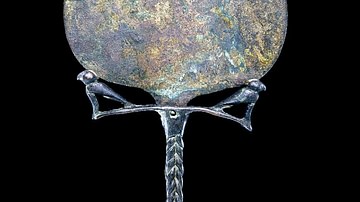
Article
Ancient Egyptian Science & Technology
The great temples and monuments of ancient Egypt continue to fascinate and amaze people in the modern day. The sheer size and scope of structures like the Great Pyramid at Giza or the Temple of Amun at Karnak or the Colossi of Memnon are...
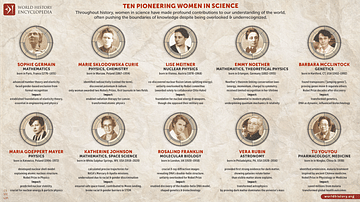
Image
Ten Pioneering Women in Science
Throughout history, women in science have made groundbreaking discoveries, often pushing the boundaries of knowledge despite being overlooked and underrecognized. Many of their contributions have reshaped entire fields, from mathematics and...

Image
Swiss Colonial Science
Swiss colonial science. Fritz and Paul Sarasin were scientists who travelled to British controlled Ceylon and Dutch ruled Celebes during the last decades of the 19th century. The elephant slain here had a calf that was shipped to Basel Zoo...

Video
Carl Sagan, The Ionians and the Birth of Science
Cosmos A Personal Voyage The Ionians and the Birth of Science
https://www.youtube.com/watch?v=VxeNgfo9ZDs

Video
The Scientific Revolution: Crash Course History of Science #12
So, what exactly is a scientific revolution? And are they more than just moments in time Historians use to mark the beginning and ending of things through time? In this episode we'll look into some ideas and people named Nick and how they...

Definition
Scientific Revolution
The Scientific Revolution (1500-1700), which occurred first in Europe before spreading worldwide, witnessed a new approach to knowledge gathering – the scientific method – which utilised new technologies like the telescope to observe, measure...